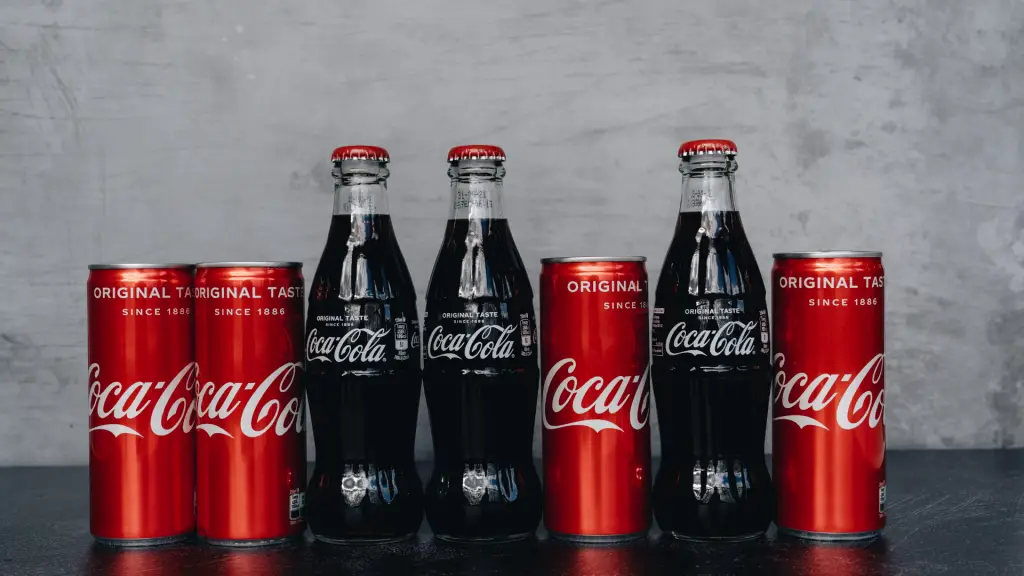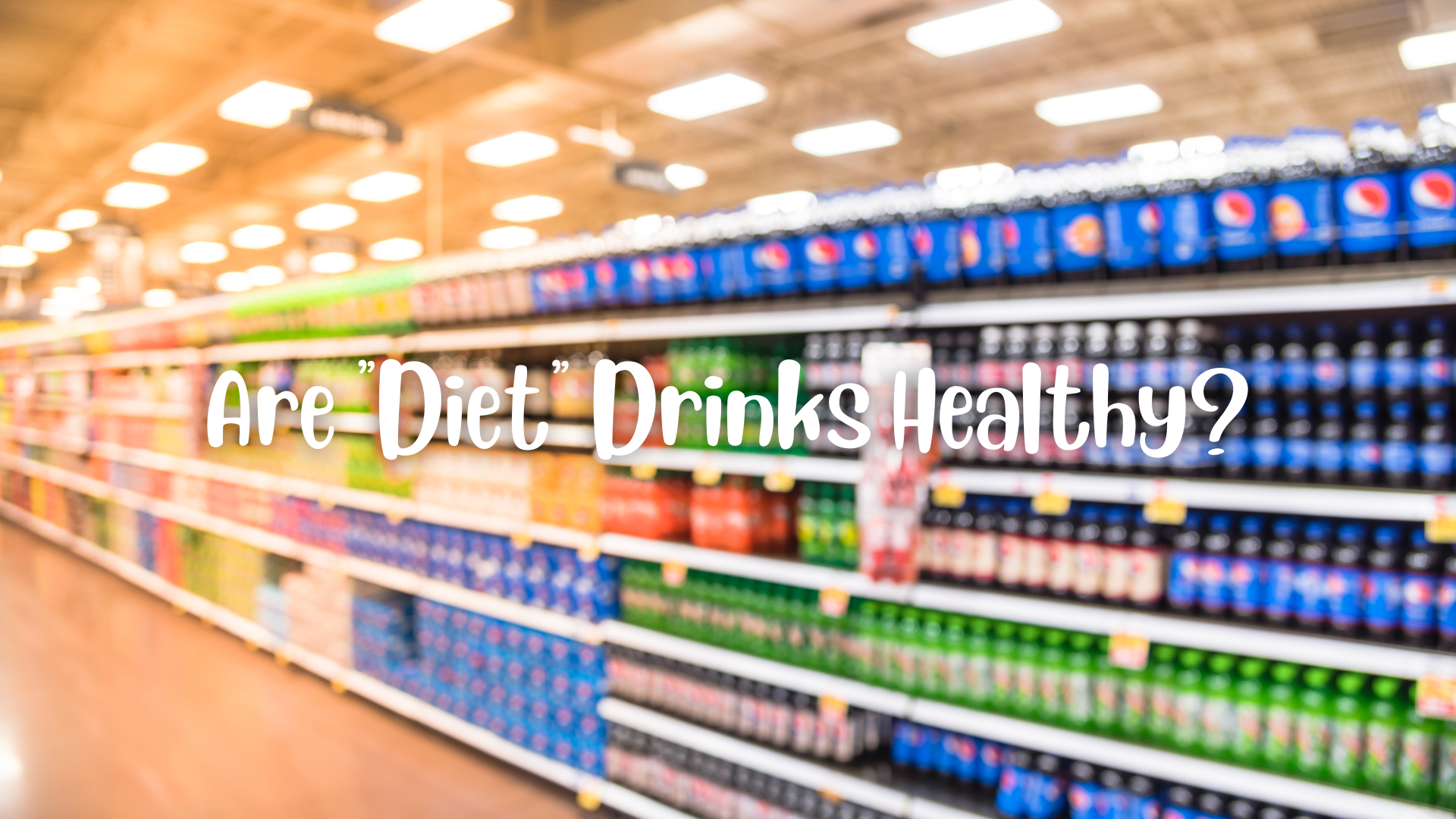When it comes to “diet” drinks, there is a lot of debate about whether or not they are actually diet friendly. Some argue that diet drinks are full of artificial sweeteners and other chemicals that can harm your health.
Others argue that diet drinks are a great way to save calories and still enjoy a refreshing beverage. So, what is the truth?

The answer to this question is not black and white. There are pros and cons to drinking “diet” beverages. On the one hand, diet drinks contain artificial sweeteners and other chemicals. However, they also typically have fewer calories than their regular counterparts.
So, if you’re trying to watch your calorie intake, “diet” drinks may be a good option.
What Are Diet Drinks?

A diet drink is a beverage that contains artificial sweeteners instead of sugar. These drinks are marketed as healthier alternatives to sugary beverages, but they may not be as diet-friendly as you think.
Diet drinks may contain unhealthy ingredients like aspartame and sucralose. These artificial sweeteners can cause headaches, dizziness, and other side effects. Diet drinks may also have empty calories from carbohydrates or alcohol.
To lose weight, it’s essential to focus on eating healthy foods and exercising regularly. Drinking plenty of water is also crucial. Cutting out sugary drinks completely can help you reach your goals.
Aspartame In Diet Coke:

For years, people have enjoyed Diet Coke as a refreshing, calorie-free alternative to regular soda. However, recent studies have called into question the safety of aspartame, the artificial sweetener used in Diet Coke.
Aspartame is made up of two amino acids, phenylalanine, and aspartic acid. When consumed in large amounts, phenylalanine can be toxic to the brain. Aspartic acid is an excitatory neurotransmitter linked to headaches and migraines.
Some studies have also suggested that aspartame may cause cancer. However, these studies have been inconclusive, and more research is needed.
So is Diet Coke really diet friendly? It depends on who you ask. If you’re concerned about the possible side effects of aspartame, you may want to avoid it altogether.
The Effects Of Diet Drinks On The Body:

A new study has found that diet drinks may not be as diet-friendly as we thought. The University of Southern California study found that diet drinks can lead to weight gain and an increased risk of obesity.
The study followed two groups of people over 10 years. The first group was given a daily dose of either a placebo or a sugary drink, while the second group was given a daily dose of either a diet drink or a sugary drink.
The results showed that the group who consumed the diet drinks gained more weight than those who consumed the sugary beverages.
The study’s lead author, Dr. Jorge E. Rodriguez, believes that this is due to the fact that diet drinks trick our bodies into thinking they are getting sugar when they are not.
Are “Diet” Drinks Diet Friendly?

Though “diet” drinks may have the word diet in their title, that doesn’t mean they are actually diet friendly. Many of these drinks are loaded with sugar and calories. For example, a 12-ounce can of Diet Coke has about 140 calories and 39 grams of sugar. And a 16-ounce bottle of Diet Snapple iced tea has 190 calories and 45 grams of sugar.
So why are these drinks marketed as diet-friendly? It’s all about marketing and sales. The word “diet” creates the illusion that these drinks will help you lose weight when in reality, they can lead to weight gain.
If you’re looking for a true diet-friendly drink, your best bet is plain old water. It has no calories or sugar and is essential for keeping your body hydrated.
